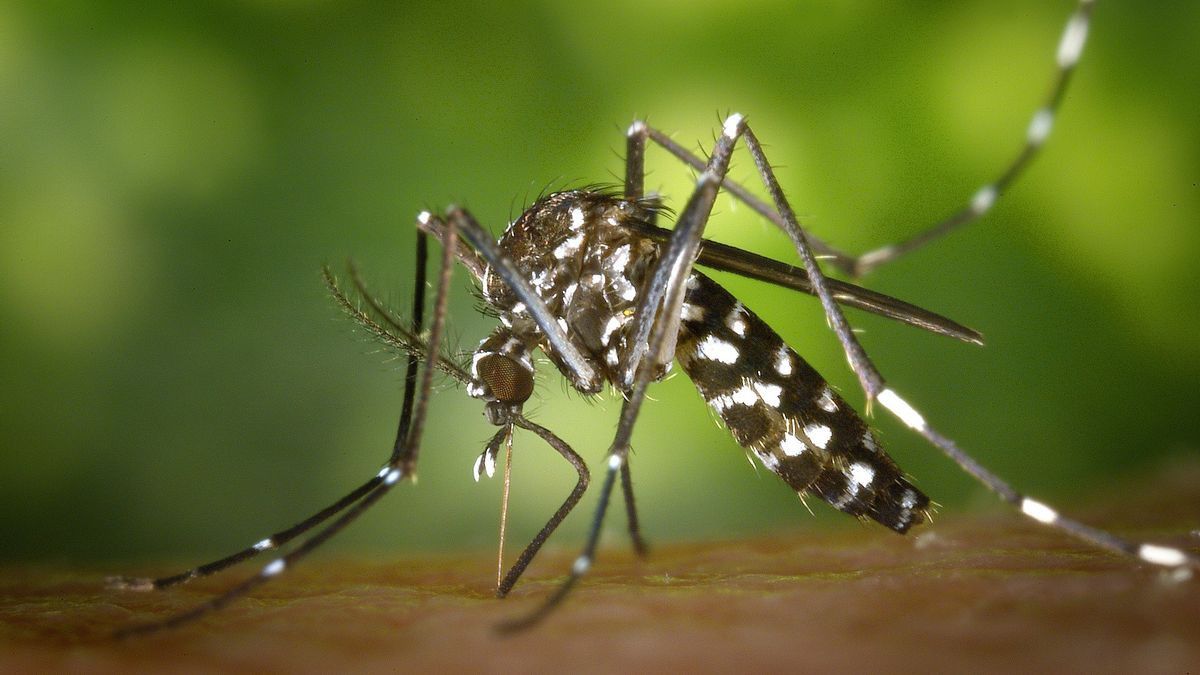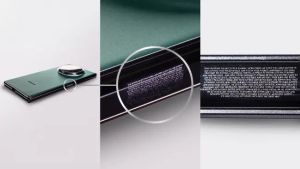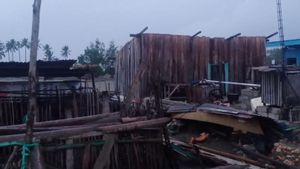JAKARTA - Head of the DKI Jakarta Health Office, Ani Ruspitawati, said that the spread of wolbachia mosquitoes in Jakarta began this month. West Jakarta is the first area to spread mosquito sprinkling.
"God willing, this September we are preparing to release a wolbachian aedes mosquito which is a form of implementation of the Ministry of Health's program, because we are in 5 regions that initially implemented wolbachia aedes mosquitoes," Ani told reporters, Tuesday, September 3.
The first sub-district to be the target of the spread ofJobbachia mosquitoes is North Kembangan. After that, further spread is carried out in stages to other areas
"So we finish West Jakarta. There will be a long-term evaluation of what it looks like. We plan to complete 60 weeks throughout West Jakarta, it will be released," said Ani.
The community in Kembangan Subdistrict, continued Ani, has received socialization regarding the readiness ahead of the spread of mosquito sprinkling. The DKI Health Office has also conducted a survey with the results that 70 percent of the residents in Kembangan have known and agreed with this.
"We have made socialization with various media, webinars, socialization directly to the community. Everything has been done, including PSN activities, including information about wolbachia aedes, continues to be conveyed by community leaders," he explained.
Separately, Kembangan sub-district head Joko Sukarno admitted that the highest number of dengue cases in Jakarta was in his area. Thus, the government prioritizes the region with the highest distribution of dengue fever such as in Kembangan as the first location for the spread of bifurcation.
"Through various aspects of the assessment, (Regions) are among the high cases of dengue fever. So, it is recommended that Kembangan District be the pioneer of the wolbachia mosquito program," said Joko.
To note, dengue control is carried out first by inserting Wolbachia bacteria into Aedes aegypti mosquito eggs.
When the male aedes aegypti mosquito with wolbachia mates with a wild female mosquito without bibliography, the dengue virus in the female mosquito is blocked, so that the eggs do not hatch.
In Indonesia, male and female mosquito eggs are put in a bucket that is placed in a resident's house. Then mosquitoes will reproduce and produce a population of Aedes aegypti mosquitoes in a maritime environment.
The Director General of Disease Prevention and Control of the Ministry of Health, Maxi Rein Rondonuwu, has proven to be effective in reducing dengue fever cases in the city of Yogyakarta.
Since it was first distributed in 2017, he said, wolbachia mosquitoes have been shown to be able to reduce 77 percent of dengue events and 86 percent of hospital admissions.
According to the monitoring of the Ministry of Health and the health office in Semarang, Kupang, Bontang, Bandung, and West Jakarta, namely cities where wolbachia mosquitoes are distributed, the concentration of aedes aegypti mosquitoes with wolbachia in nature is in the range of 20 percent after release.
SEE ALSO:
This figure, according to him, is still below the percentage of aeros aegypti wolbachia mosquitoes, which ideally reaches 60 percent in nature.
"After the population reaches 60 percent, the release of wolbachia mosquito buckets will be withdrawn and the results of the decline in dengue cases will only begin to appear after 2 years, 4 years, 10 years, and so on, as implemented in the city of Yogyakarta," said Maxi some time ago.
The English, Chinese, Japanese, Arabic, and French versions are automatically generated by the AI. So there may still be inaccuracies in translating, please always see Indonesian as our main language. (system supported by DigitalSiber.id)
















